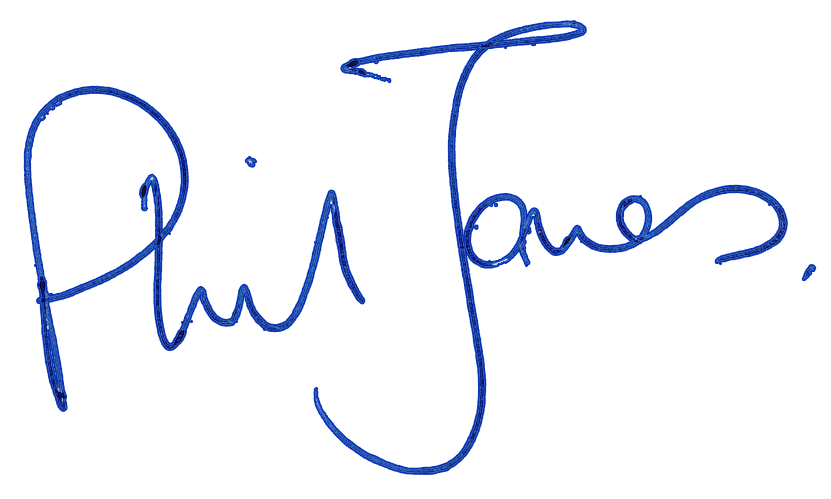Modern Slavery Statement
Structure and Supply Chains
Leyland Trucks Ltd, part of PACCAR Inc's global group of businesses, is one of Britain’s leading manufacturing companies producing the entire DAF vehicle range and is PACCAR’s established centre for light and medium duty truck design, development and manufacturing. The company, employing over 1,000 people, manufactures the full range of DAF product, of which approximately 34% is exported to all European Union markets and the wider world.
In 2024, Leyland Trucks shipped over £854m of parts and materials into the UK from its global supply base. Over 99% was shipped from within the EU.
Modern Slavery disclosures and procedures are the responsibility of the senior leadership team. Leyland Trucks works closely with its supply chain to ensure compliance with laws and regulations, modern slavery forms part of these requirements. Leyland Trucks plans to continually improve in monitoring for and managing risks of modern slavery.
Policies on Modern Slavery
Leyland Trucks, along with the global PACCAR organisation, is committed to ensuring that its suppliers do not use slave labour or engage in human trafficking. PACCAR’s Supplier Code of Conduct prohibits suppliers from using forced labour of any kind. PACCAR’s Supplier Code of Conduct can be found at:
About US | PACCAR
PACCAR has a Code of Conduct (“Code”) requiring officers and employees to comply with all applicable laws, rules and regulations. Employees receive training on the Code, which is published on the company’s intranet. Any employee determined to have violated the Code will be subject to discipline, up to and including termination in accordance with local law.
Leyland Trucks recruitment and equal opportunities policy acknowledges our recruitment processes are compliant with the Modern Slavery Act and our recruitment processes include eligibility to work checks.
Our policies and procedures are subject to continuous and ongoing annual review.
Due Diligence Processes, Risk Assessment and Measuring Effectiveness
In the area of hiring, our recruitment processes are transparent. Communication to discuss job opportunities and to confirm the details of any offer made takes place directly with candidates. There are robust procedures in place for the vetting of new employees and agency staff that enable us to confirm their identities and that ensure they are paid directly.
Leyland Trucks expects all contracted business partners in the supply chain to uphold high standards of conduct. Leyland Trucks clearly communicates its expectations; obligations for business partners include the ethical behaviour clauses that form an important part of our contracts. On every appropriate occasion and every time the business relationship is up for renewal these items are part of the dialogue. During 2024, in addition to all new long-term agreements, all long term agreement renewals had the ethical behaviour clause added if necessary.
We continue to develop a more comprehensive due diligence process to be utilised as part of our regular supplier quality assessments to identify the risk of modern slavery. We will also review Modern Slavery Statements of suppliers who are required to publish such statements and seek further information as necessary from these suppliers. Senior management will assess the effectiveness of our efforts to identify and reduce the risk of any modern slavery in our supply chain.
Leyland Trucks regards suppliers in countries rated as Tier 3 risk, per US State Dept 2024 Annual TIP Report, as those at highest risk from modern slavery. There are 22 suppliers that directly manufacture in these countries, or we know have supply chains extending to these countries and these suppliers are prioritised for 2025 review.
Leyland Trucks makes use of supplier quality audit tools and will explore options for incorporating Modern Slavery reviews into the ongoing use of these business tools. Work ongoing by the company’s sister company DAF Trucks NV for its compliance with EU reporting requirements including CSRD has enabled us to begin discussions about joint European tools for this purpose.
Training for staff
The senior management team at Leyland Trucks are briefed on the requirements of the UK Modern Slavery Act.
The PACCAR group’s training curriculum for Purchasing and Supplier Quality personnel includes awareness training regarding prevention of slave labour and human trafficking.
Leyland Trucks, being part of the PACCAR group, has reviewed the content of its compliance training programme and developed risk-based modern slavery awareness content for the training programme. A new online module covering this topic was rolled out within the company as mandatory training in 2021 and the training has embedded into an annual cycle since 2022. Any instances of non-completion of this mandatory training are reported to the senior management team for appropriate action.
Employees are encouraged to report any potential incidents or grievances to their manager, Compliance Officer or to the PACCAR Ethics Hotline. Details are published on the company’s intranet.
Approval
This statement is made pursuant to Section 54, Part 6 of the Modern Slavery Act 2015 and constitutes the Company’s slavery and human trafficking statement for the year ended 31 December 2024. It is approved by the Board of Directors and signed on their behalf by Phil Jones, Managing Director, Leyland Trucks.

Signed
30 June 2025